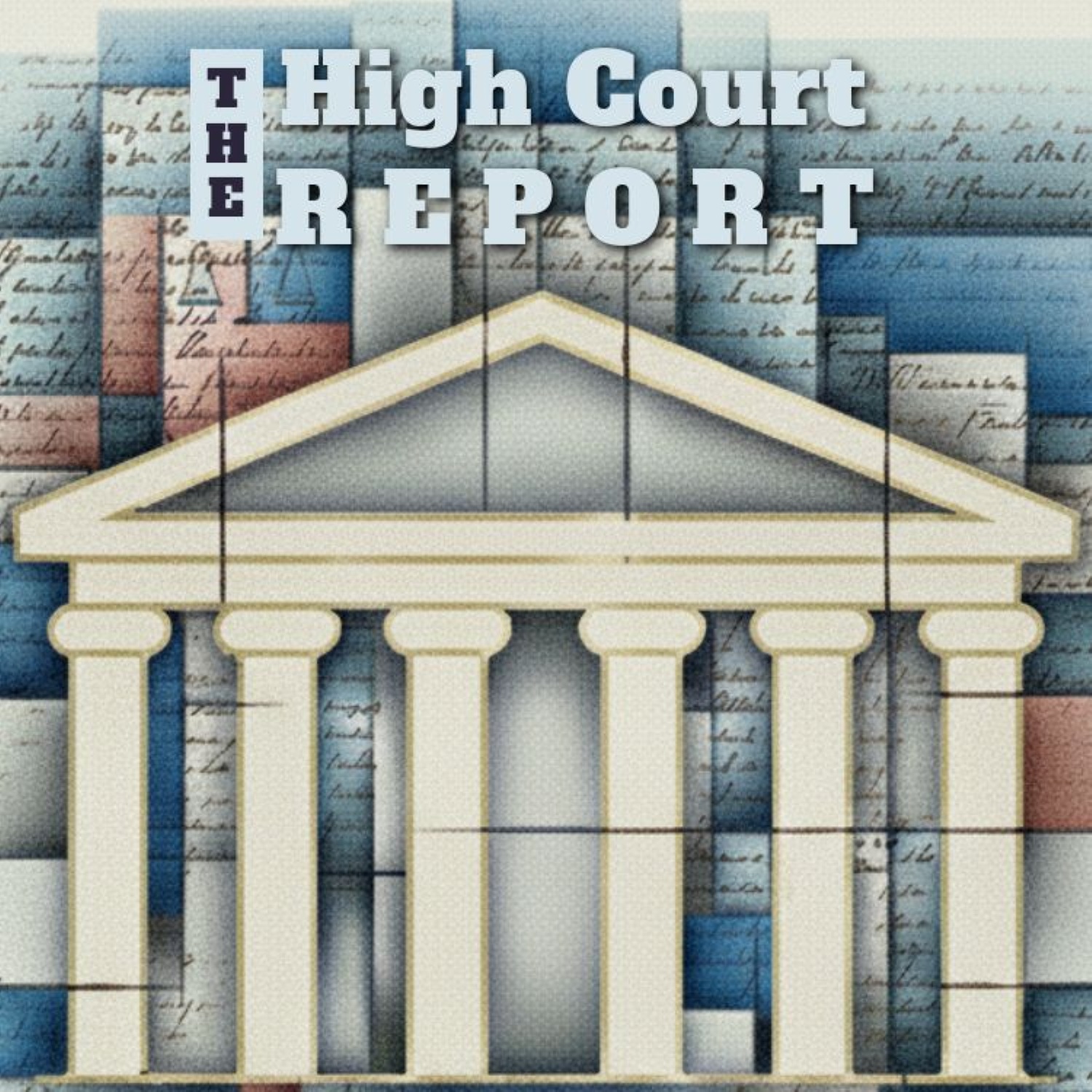Episode 7
Oral Argument: Bouarfa v. Mayorkas, Sec. of Homeland Security | Case No. 23-583 | Date Argued: 10/15/24
Case Info: Bouarfa v. Mayorkas, Sec. of Homeland Security | Case No. 23-583 | Date Argued: 10/15/24 | Date Decided: 12/10/24
Link to Docket: Here.
Background:
When considering whether to approve a petition for an immigrant visa, the government must adhere to certain nondiscretionary criteria. See, e.g., 8 U.S.C. § 1154 (c) (providing that "[n]o petition shall be approved" if the individual seeking a visa has previously entered a marriage "for the purpose of evading the immigration laws"). When a visa petition is denied based on a petitioner's failure to satisfy such a nondiscretionary requirement, it is generally understood that the petitioner has a right to judicial review of that decision.
Once a visa petition has been approved, the government has the power to revoke approval of the visa petition for "good and sufficient cause" pursuant to 8 U.S.C. § 1155. The circuits are in open conflict over whether judicial review is available when the government revokes an approved petition on the ground that it had initially misapplied nondiscretionary criteria during the approval process. The Sixth and Ninth Circuits hold that judicial review is available under these circumstances, but the Second, Third, Seventh, and now the Eleventh Circuit all hold that revocations are "discretionary" decisions for which there is no right to judicial review, even when they are based on a misapplication of the same nondiscretionary criteria that would be reviewable if the petition had originally been denied.
Question Presented: Whether a visa petitioner may obtain judicial review when an approved petition is revoked on the basis of nondiscretionary criteria.
Holding: Revocation of an approved visa petition under § 1155 based on a sham-marriage determination by the Secretary is the kind of discretionary decision that falls within the purview of § 1252(a)(2)(B)(ii), which strips federal courts of jurisdiction to review certain actions “in the discretion of ” the agency.
Result: Affirmed.
Voting Breakdown: Justice Jackson delivered the opinion for a unanimous Court. No justice filed a concurring or dissenting opinion.
Link to Opinion: Here.
Oral Advocates:
- For petitioner: Samir Deger-Sen, New York, N. Y.
- For respondents: Colleen R. Sinzdak, Assistant to the Solicitor General, Department of Justice, Washington, D. C.
Website Link to Opinion Summary: Here.
Apple Podcast Link to Opinion Summary: Here.
